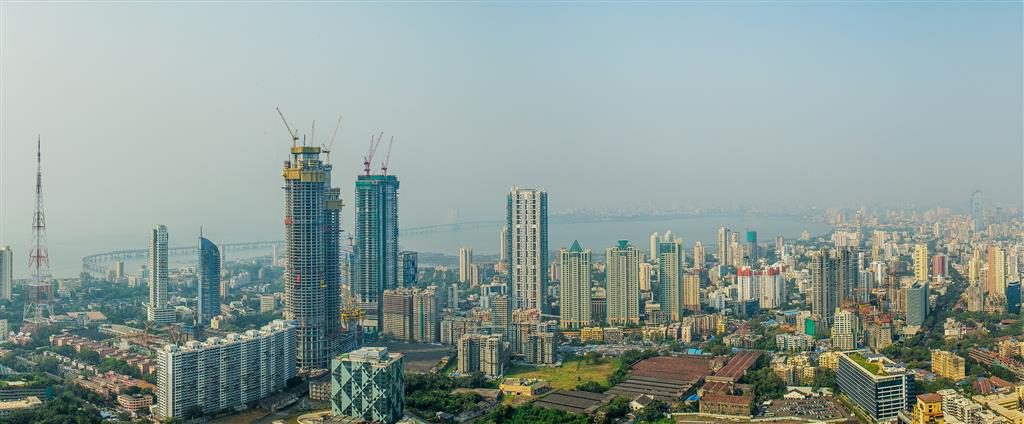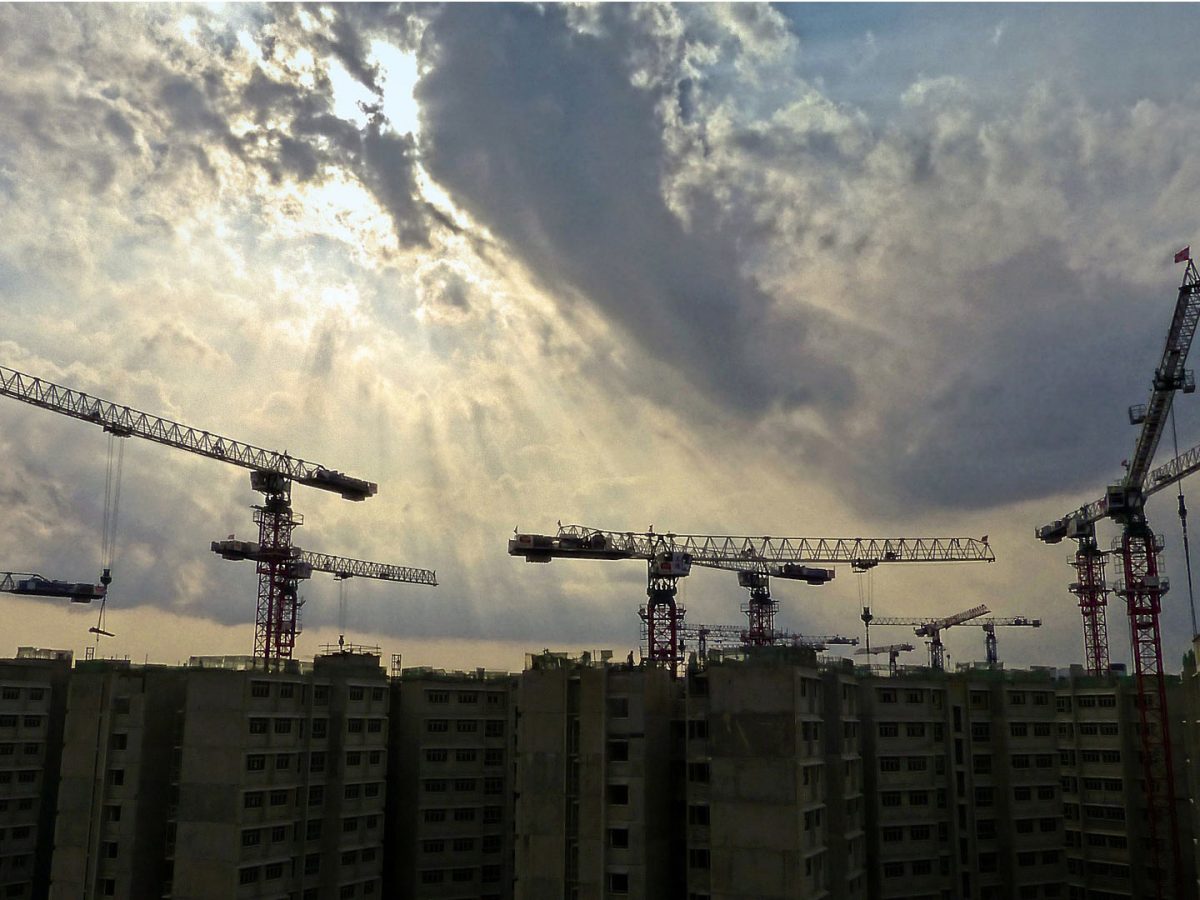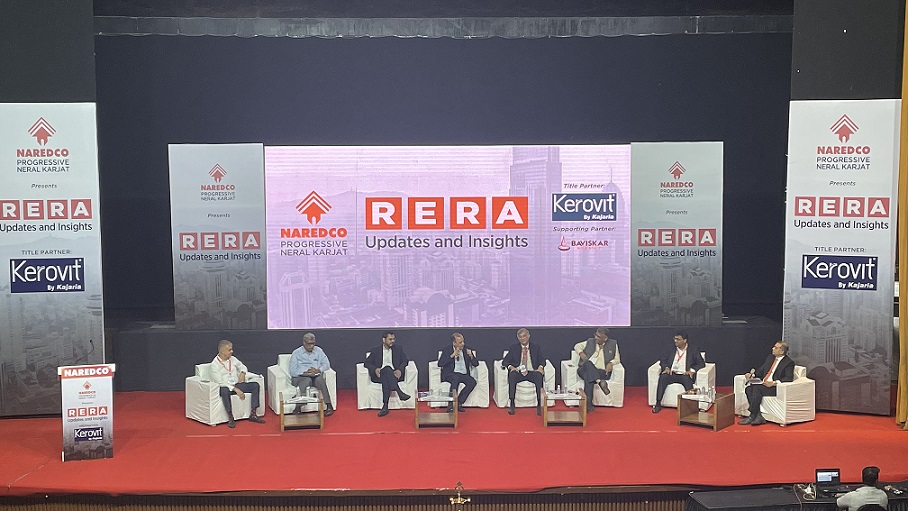As MahaRERA celebrates its eighth anniversary on May 1, 2025, it has significantly transformed the Maharashtra real estate market. Over the years, the regulator has not only changed the industry landscape but also positioned itself as a trustworthy force. For developers who have adhered to its rules, made commitments, and upheld their promises, MahaRERA has evolved from just a regulatory body to a key tool for building long-term reputation and trust.
The purpose of MahaRERA
MahaRERA was established to bring transparency, accountability, and order to the real estate industry. Its mission is clear: ensure developers register their projects, submit progress updates, and deliver on the promises made to customers. The goal was simple—protect consumer interests while providing honest developers a level playing field against unethical practices.
Before the introduction of RERA, the industry suffered from a credibility crisis. Project delays were common, and buyers had few options for legal recourse. With MahaRERA, timelines became enforceable, financial operations were streamlined, and project data became public, providing a new level of transparency.
A clear line between good and unreliable developers
One of the most significant developments has been the clear demarcation between ethical developers and unreliable ones. Developers who regularly update project statuses, meet deadlines, and resolve complaints now have the necessary documentation to back their claims.
The government’s open database, accessible to the public, now holds key project details—from approval to completion dates—allowing genuine developers to showcase their transparency while exposing those who prefer to operate in the shadows. In a competitive economy, this transparency has become an invaluable business asset.
Trust as a competitive advantage
The most notable shift is in how trust has become a key differentiator. Developers who consistently post updates, meet deadlines, and resolve grievances now have verifiable records to demonstrate their commitment. The public platform has become a repository for project information, making it easier to identify and trust developers who are serious about their work.
In today’s market, such visibility and transparency are not just about compliance—they have become a competitive advantage that can set a developer apart.
From compliance to culture
Initially, many developers viewed RERA as an obstacle, adding layers of paperwork and bureaucracy. However, over time, those who embraced the process recognized the long-term benefits. The integration of compliance into a company’s everyday operations has fostered better project planning, increased efficiency, and enhanced brand growth.
With proper documentation, regular maintenance, and systematic fiscal management, developers have streamlined internal processes, reduced conflicts, and improved project implementation. This shift has instilled a new level of professionalism in the industry.
Reputation in a regulated era
Today, MahaRERA does more than regulate—it has created a platform where developers can build a reliable reputation. Compliance with RERA is no longer simply about avoiding penalties; it’s about earning respect for being trustworthy, communicative, and dependable. For developers who have weathered the regulatory challenges, the journey from compliance to reputation has already begun.
For newcomers, the message is clear: follow the rules, focus on delivery, and let your track record speak for itself. MahaRERA is not just a regulatory body—it is a mirror that reflects the true values and reputation of developers in the market.







